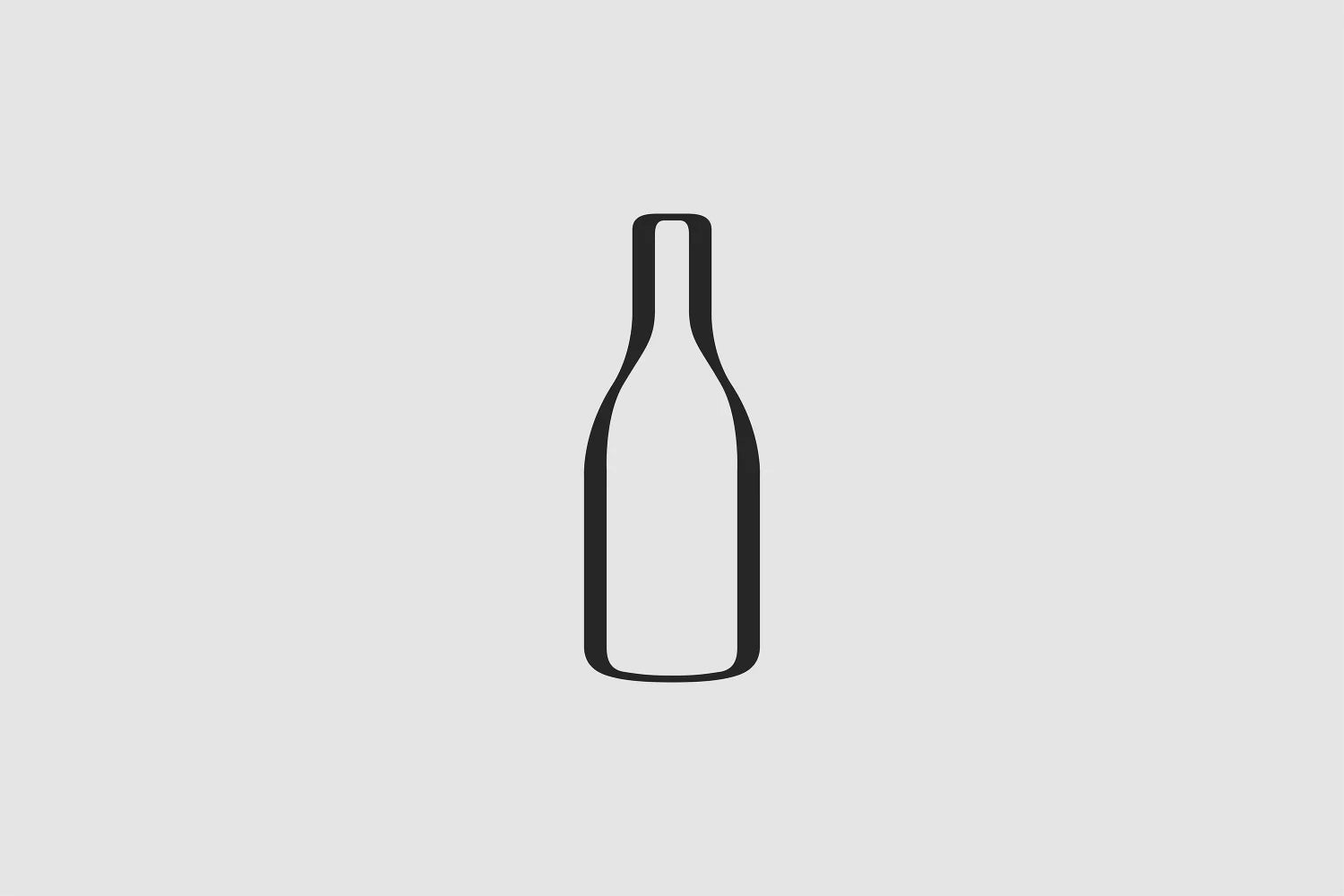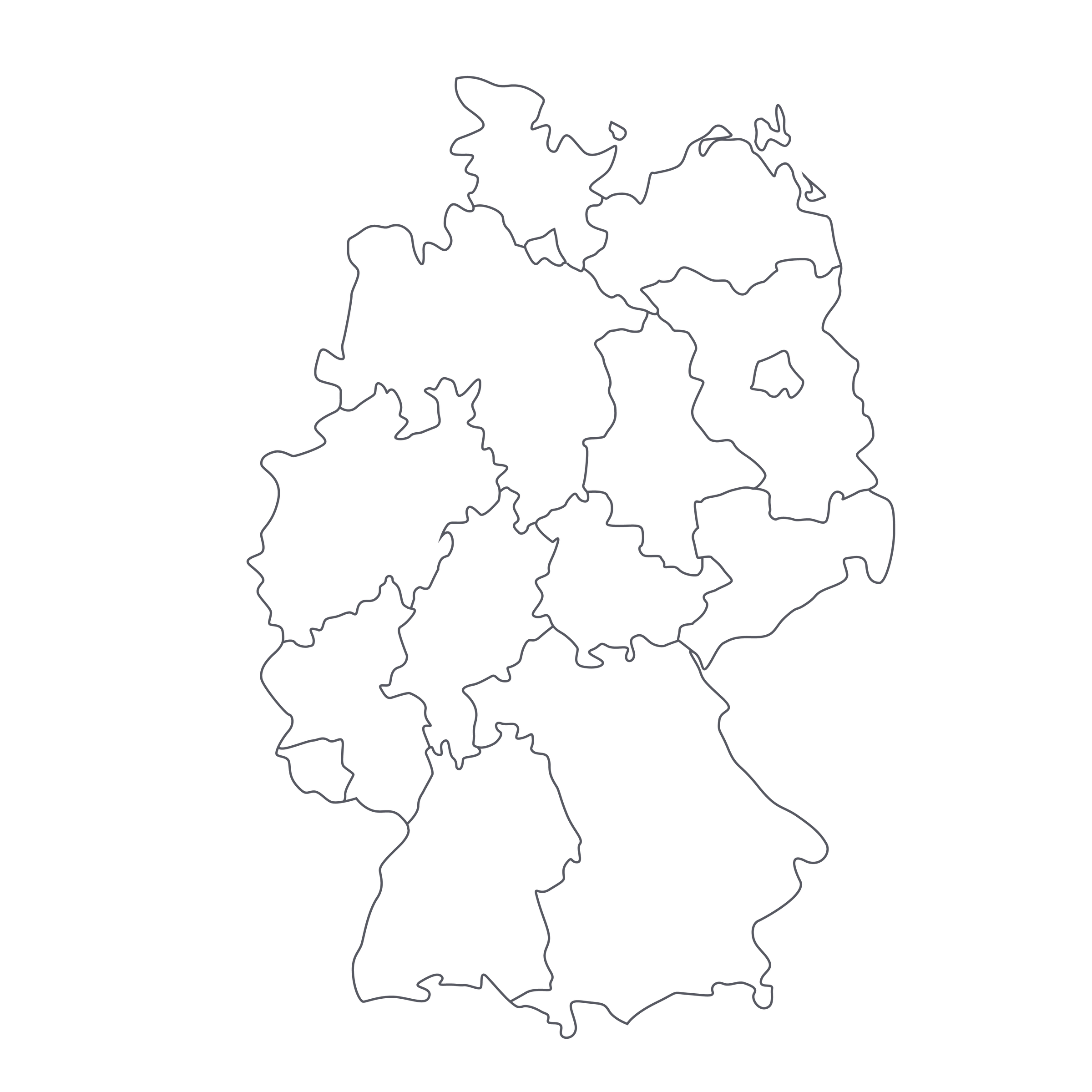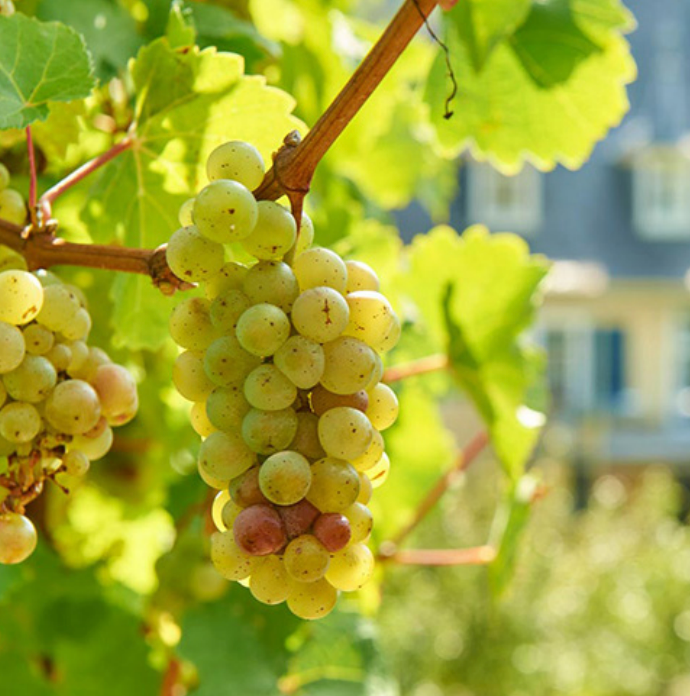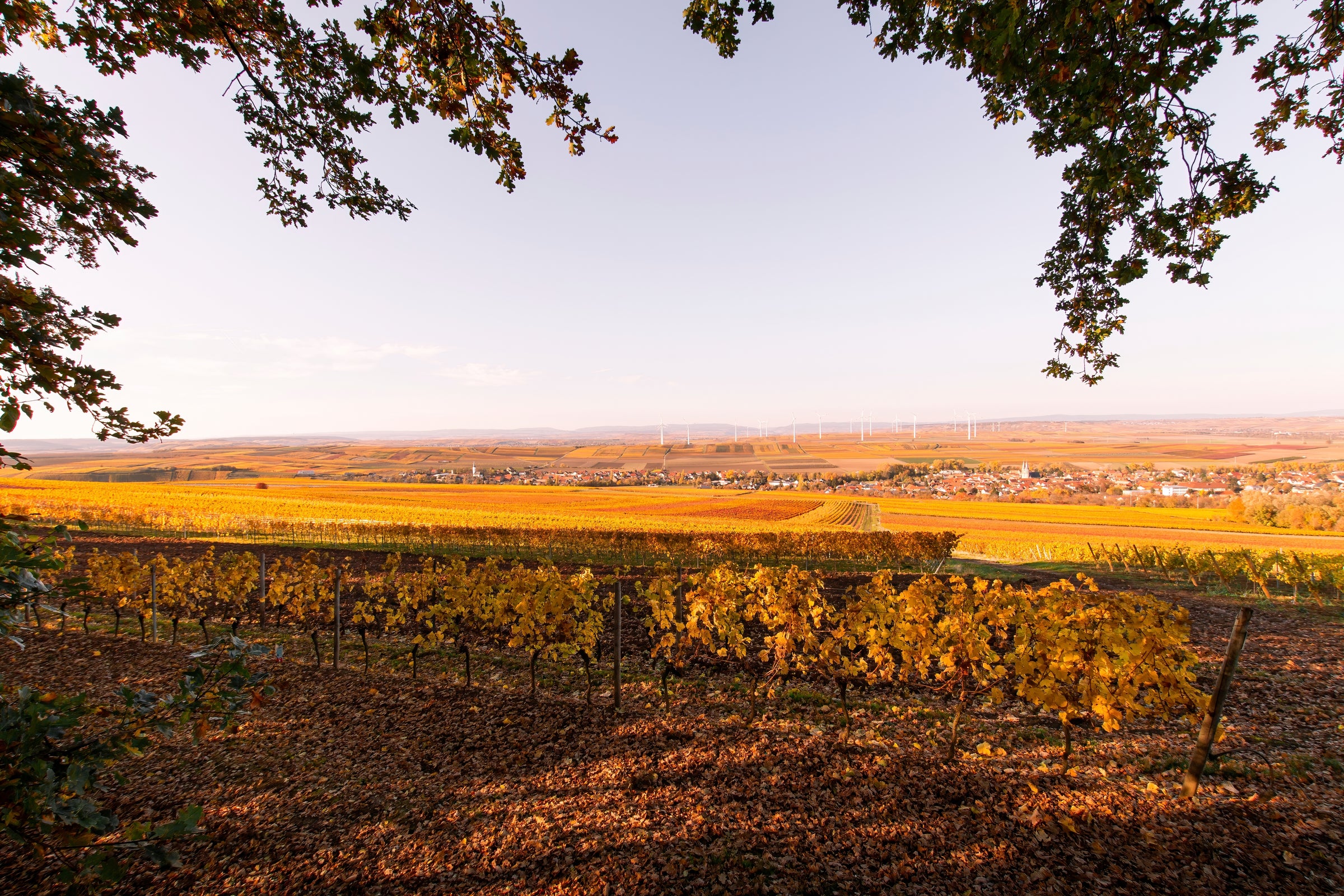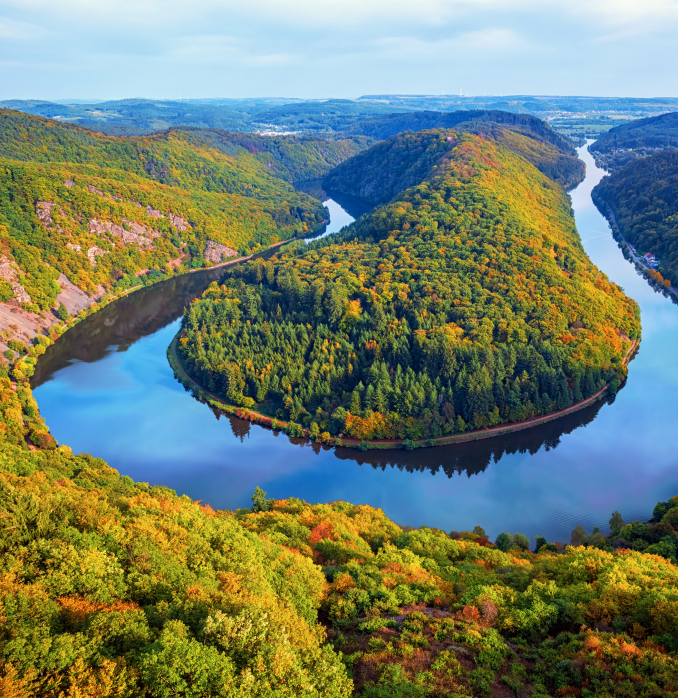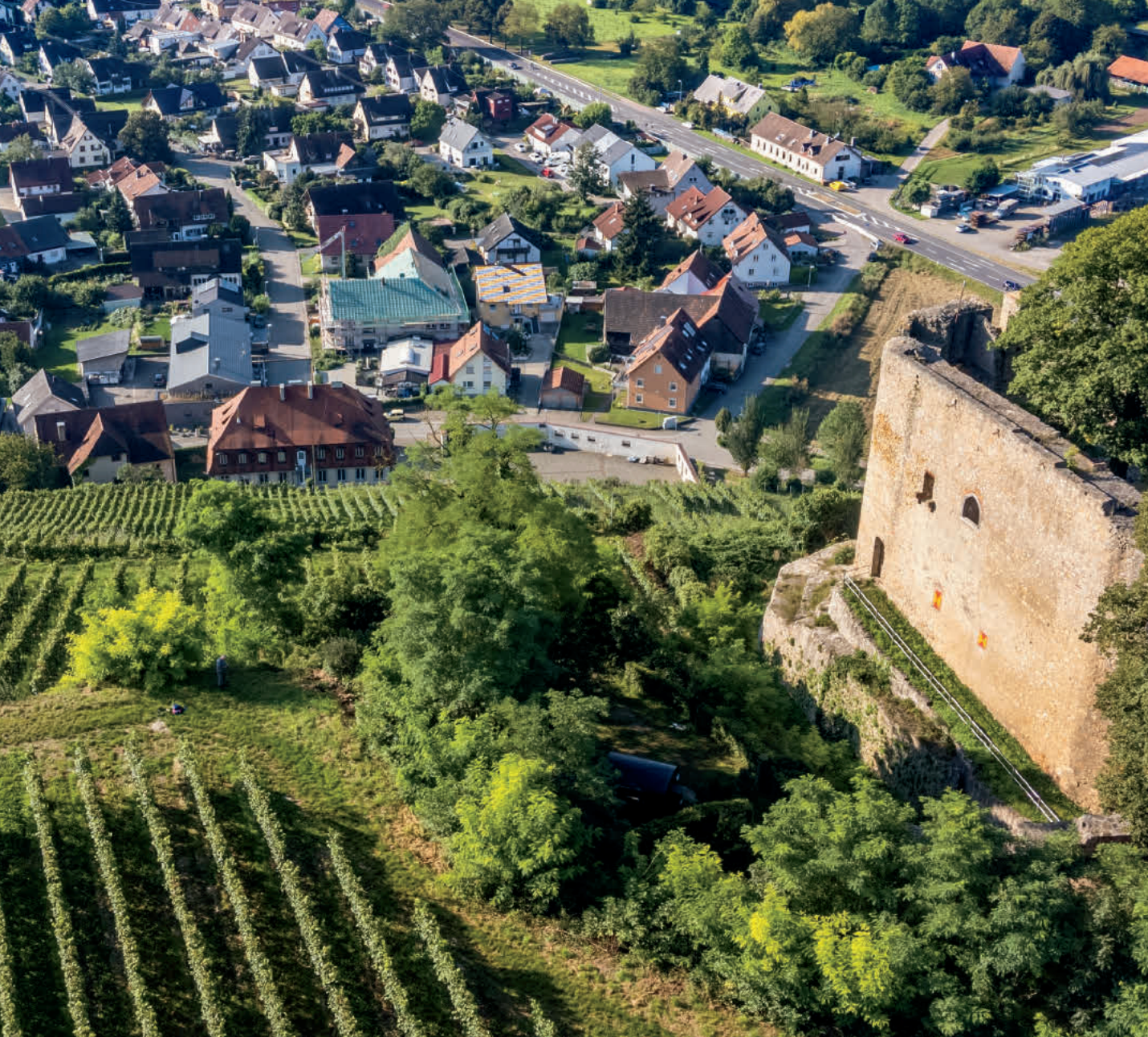When Von Winning drops something new, or new to me, my heart races and calls are immediately made in hopes that I can secure a batch. It’s no secret that Riesling overwhelmingly commands the attention of sommeliers but consumers, too, have recently fallen under the spell of this extraordinarily versatile and bewitching grape. The newfound global appreciation for Riesling, to me, qualifies as one of wine’s most spectacular and important revivals. And, if there’s a hapless soul out there that still remains unconvinced, I’m betting today’s 2016 “Paradiesgarten” will instantly change that.
In Von Winning’s hands, this single-vineyard becomes the go-to destination for bone-dry Riesling dripping with exoticism and profound mineral verve. It’s “another singular discovery,” exclaims importing legend Terry Theise, and I’d even go as far as to say that this
Erste Lage—the equivalent of a Burgundian Premier Cru—is not just essential to developing your palate, but a crucial necessity to understanding the brilliance of elite dry German wine. Now with 3+ years under its belt, this barrel-aged and naturally crafted Riesling dazzles with exotic, energizing layers that will only intensify with age. There’s nothing more you could want from a quintessential wine coming in at such a low price.
Von Winning is an estate that has rapidly won over sommeliers and critics alike. Although its history dates to the mid-1800s, the modern era was ushered in when entrepreneur Achim Niederberger purchased the vineyards and winery and re-launched the Von Winning label in 2007. The estate was originally founded by Friedrich Dienhard, whose descendants are still in the wine business today in the town of Koblenz. The name Von Winning didn’t come along until later when Dienhard’s granddaughter, Emma, inherited the property and her husband, Leopold Von Winning, took the reins. The estate then passed through a series of hands and the Von Winning name disappeared until Niederberger came along and revived it.
Niederberger tragically passed away at a young age in 2013, leaving his wife, Jana, with an extensive wine operation that also includes the Bassermann-Jordan and Von Buhl estates. Ably assisted by a team led by General Manager Stephan Attman, they have since introduced organic farming practices to the property’s enviable collection of vineyards around Deidesheim in the Pfalz, a region that runs towards Germany’s border with Alsace. The Vosges mountain range that shelters Alsace from western storm fronts becomes the Haardt mountain range across the border in the Pfalz, so, like Alsace, the Pfalz is generally a drier, warmer region. That’s music to the ears of Riesling fans who want depth and complexity instead of light and delicate.
Today’s “Paradiesgarten” is an Erste Lage (Premier Cru) that lies in the southwestern reaches of the village Deidesheim. For decades, this loamy, sandstone vineyard was “slept-on” but Von Winning has injected life and character into their bottlings. They’ve done this by farming organically, raising the wine on ambient yeasts, and subsequently aging it for 12 months in a combination of old 500- and 1200-liter barrels. It is bottled unfined without the use of any pumps—that’s the benefit of building a gravity-flow winery!
Now with nearly two years of bottle aging, Winning’s 2016 “Paradiesgarten” has become a lively, layered, paradisiacal dry Riesling shot through with a mega-charge of finely crushed minerality. In the glass, it shines a vibrant straw-yellow with bright silver-green reflections and expresses a chameleonic nose that seemingly changes with each passing minute. At first, it’s citrus-heavy—Meyer lemon, Makrut lime peel, tangerine, citrus blossoms—but more air reveals exotic green mango peel and passionfruit, white peach, lemongrass, crushed stones, honeysuckle, and extremely delicate notes of petrol. Coming in at medium-bodied with appetite-whetting acidity, it flaunts impressive breadth along with its streamlined, high-toned energy. Translation: a glass disappears quickly, and you’ll immediately want another. While it surely will improve over the next 5+ years, it’s drinking superbly right now so there’s no need to hold off. Pull the cork, decant for about 15-30 minutes, and enjoy in all-purpose stems around 45-50 degrees. Enjoy!
